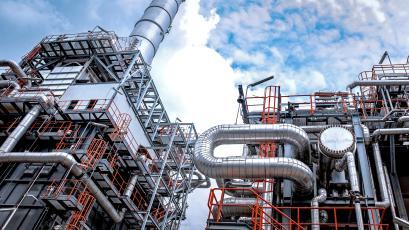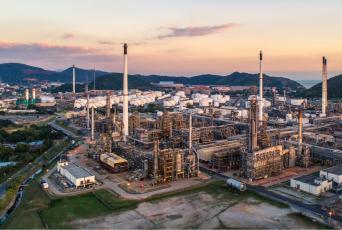This news has big implications. Last year, the California Air Resources Board (CARB) adopted its Advanced Clean Cars II (ACCII) regulation. ACCII requires 35% of light-duty vehicle sales to qualify as “zero emission” by 2026 and 100% by 2035. Essentially, this amounts to a ban on new sales of traditional gasoline and diesel-powered cars and trucks. To implement the policy, California will need authorization in the form of a Clean Air Act waiver from the Environmental Protection Agency (EPA). If EPA grants the waiver, millions of American consumers—including many outside of California—could soon lose the option to buy the car or truck THEY want.
People outside of California could be affected too?
That mention about people outside of California likely caught your attention. It’s true. California isn’t the only state that would be affected by this decision. When, and if, California is given an EPA waiver to set its own vehicle and emissions policies, other states are allowed to adopt those same policies too. In fact, 15 states already follow California’s Zero Emission Vehicle (ZEV) mandate, including four that automatically pass any California vehicle policies for which the EPA grants a waiver. Two more states follow California’s Low Emissions Vehicle (LEV) standards.
Altogether, these states and the District of Columbia account for 40% of the U.S. population. If EPA authorizes California to move forward with an outright ban on gasoline and diesel vehicle sales, it’s possible each of those states and others will enact the same ban. That would put California in charge of dictating what vehicles more than 125 million Americans are able to buy. No unelected state government regulators should have that power.
Bans aren’t just extreme, they’re expensive and inefficient.
There are far more effective and less costly means of reducing carbon emissions that would allow all vehicle powertrain technologies to compete. Instead of banning gas and diesel vehicle sales, policymakers should encourage innovation and bring fuel manufacturers in as part of the solution. Liquid fuel innovations can reduce emissions in today’s vehicle fleet, not just in future vehicles. Embracing this approach would cut transportation emissions faster and more affordably than banning vehicle sales.
President Biden and EPA Administrator Regan should reject California’s waiver request for multiple legal and policy reasons. Here are just three:
- Californians, and all Americans, should be able to choose the type of vehicle technology that fits their needs.
Consumers make vehicle purchase decisions based on an array of factors, including availability, affordability and personal lifestyle. If they want electric vehicles, they should have that option, and nearly 6% of car buyers took advantage of it in 2022 (up from 3% of car buyers in 2021). If Americans want to take public transit, that is their prerogative. If they want a hybrid vehicle, that is their decision to make, and 5% of car buyers did just that in 2021. Restricting consumer choice by eliminating competition and banning entire vehicle power trains is the wrong path to a cleaner future. - It’s not the place of state regulators or government officials to try to put critical American industries out of business.
American consumers operating in a free and competitive market should be the ones deciding which technologies and products succeed and fail, which deliver the best value and convenience, and which are the most efficient and aligned with their needs and values. If consumers decide liquid fuels aren’t the answer, the market will adjust. But those outcomes should not be manufactured by unelected CA regulators or any government official, particularly when today’s liquid fuels and internal combustion engine vehicles are cleaner than ever and delivering better mileage with fewer emissions for Americans in every state. - A radical ban on gas and diesel vehicle sales will have devastating impacts on consumers, U.S. energy security and the manufacturing economy.
Consumers will face higher and inequitable costs for vehicles and electricity if the option to purchase gasoline and diesel cars and trucks is taken away.
Mandating the adoption of “zero emission” and electric powertrain vehicles will also massively increase demand for minerals, mineral refining and batteries—supply chains dominated by China and where the United States is a very minor player. As the top liquid fuel producer in the world and with rich petroleum resources, the United States has built liquid fuel security. A vehicle sales ban would trade that security for energy and mineral dependence on countries and powers outside the United States.
CARB understands that its vehicle ban will cost thousands of California jobs (see tables X-9 and X-10). Economic impacts won’t end in California. Liquid fuel producers, auto workers, mechanics, small businesses and other manufacturing and commuter-heavy industries will suffer as a result of California’s unprecedented intrusion in the vehicle market and assault on consumer choice.
The American Fuel & Petrochemical Manufacturers (AFPM) is the leading trade association representing the makers of the fuels that keep us moving, the petrochemicals that are the essential building blocks for modern life, and the midstream companies that get our feedstocks and products where they need to go. We make the products that make life better, safer and more sustainable — we make progress.


